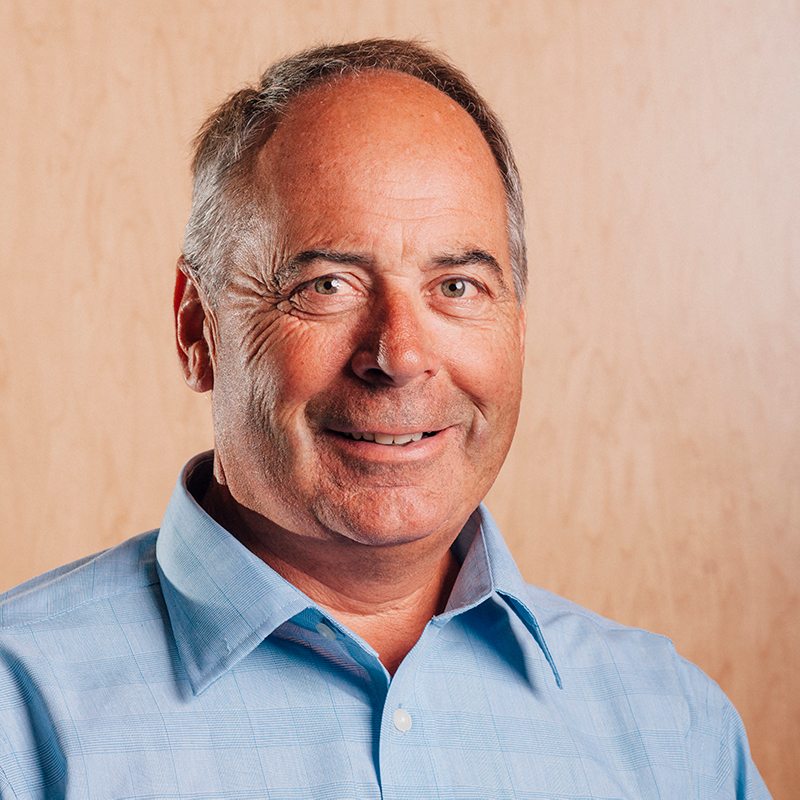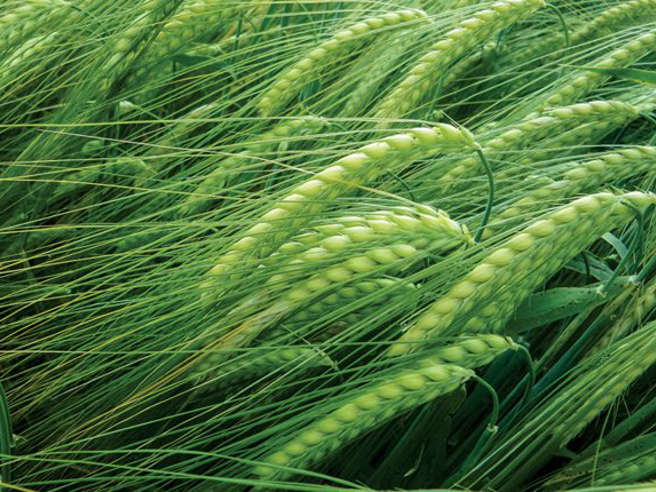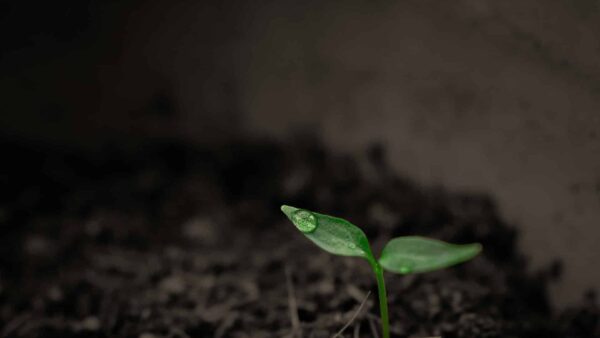
The 2017 New Crop Mission’s Team Canadian Wheat visited Canada’s top customers and provided them with technical data and support. Who are Canada’s top customers? Some of the answers, like Japan will be no surprise to anyone, but many would not expect to see one of our newest top customers, Nigeria, on the list.
Fifteen to 20 years ago, I would have never guessed that I would be in Nigeria, on a Canadian New Crop Mission. Nigeria has become one of the top customers for Canadian wheat and this is the second year we have visited the country as part of the new crop missions.
Why visit Nigeria? The Canadian industry is moving beyond the traditional markets that were a focus fifteen to twenty years ago. Nigeria has a young population of over 200 million people with an annual population growth rate of three per cent, meaning that there will be more demand for wheat imports in the future. Our commitment to providing technical support and data through new crop missions is essential to maintaining our export relationship.
As an emerging country, Nigeria is concerned with food safety and getting the quality wheat, consistently. Because the Canadian team included the entire value chain we were able to work with customers to help ensure they could access the Canadian quality they have come to expect while meeting their country’s grain safety regulations.
Nigeria is also very price sensitive. Purchasing CWRS, in place of U.S. exports, allows them to minimize costs while still delivering higher quality flour through a blend of Canadian and Black Sea wheat. How important is the Nigerian market becoming? In 2007 Canada exported 24,600 tonnes of wheat, growing to a total of 728,419 tonnes in 2017. Canada’s five-year-average is 623,125 tonnes.
Some farmers wonder if there is any value in having a producer as part of these customer support missions. Before I was part of the missions I was one of those people. But participating in the missions has made it clear to me that it is critical to have farmers as part of “Team Canada Wheat”. When customers have questions on Canadian production practices, I was in the room to answer. I was there to talk about the sustainability of Canadian farming and to explain why we use crop protection products. I was able to deliver the message about Canadian clean air, clean water and clean land, an increasingly important part of the Canadian brand.
Most of our major competitors carry out similar mission. But the Canadian approach to customer support is unique. We take the entire value chain with us to talk to customers. When there were questions on supply or logistics an exporter was there to provide the right information. Cigi and CGC provided unbiased technical information on the grade factors and the technical milling, baking, and noodle making properties. This collaborative effort demonstrated Canadian commitment to supporting our customers and providing them with the opportunity to optimize the value and performance of Canadian wheat.
The Canadian missions are about a lot more than industry representatives talking to international buyers. We are also there to listen directly to our customers’ needs and concerns. Bringing these needs and concerns back to Canada is one of the key objectives and values of the missions. This feedback allows Canada to adjust our grading and classification systems to give buyers what they want and to focus research goals on the traits and qualities that will get the highest return from the market. Another reason for these types of customer relations is it is critical to build relationships and trust in a competitive wheat export environment.
As a farmer who has had to opportunity to sit on the Boards of Alberta Wheat Commission as well as Cereals Canada, I have seen first-hand the value of our industry working together to support my customers. I am proud to see that the reach for Canadian wheat is expanding. Providing technical expertise and information on quality and functionality, the New Crop Missions facilitate new customer dependence on Canadian wheat.
—Porozni served 12 years on and is a past Chair of the Alberta Canola Producers Commission, was a Director on the Western Canada Wheat Growers, and the Agriculture & Food Council, and he is currently Chair of the Alberta Grains Council.












